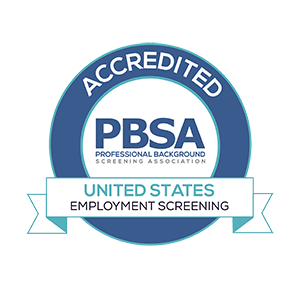There has been a lot of controversy lately about what employers can and cannot ask job applicants. Topics such as Facebook user names and passwords and criminal background checks feature regularly among some of the pre-employment investigation choices.
In fact, social media – LinkedIn, Facebook and Twitter – is so popular for the entire recruiting process, that a 2012 Jobvite Social Recruiting Surveyreported over 90% of employers plan to use social media for recruiting this year. Another 73% successfully hire candidates through social media.
But what tools do most employers use for pre-employment investigationsand which ones are right for you?
Some States Ban Employers from Asking for Passwords
Maryland was the first state to ban employers from asking for social media passwords. However, it didn’t take long for others to follow.
While there is currently no federal law prohibiting employers from making this request, experts warn employers to be careful not to violate social media terms of service. Many people – including applicants – feel it is an invasion of privacy.
Traditional Background Check Tools
Pre-employment screenings have been in the workplace for years. Because they have evolved from mere reference checks of prior employers to a long list of screening tools, it sometimes can be confusing as to which options you should use.
State and federal law often dictate your choices as well as what you can use the information for and whether consent is required. However, the most commonly requested information includes:
- Past employment
- Credit check
- Criminal background
- Driving records
Keep in mind that workers have rights when it comes to background checks. As the March 2012 AOL.com article, “Job Hunters Cry Foul Over Employers’ Use Of Background Checks,” notes, the Society for Human Resource Management (SHRM) warns:
- Federal laws prohibit employers from considering bankruptcy when making employment decisions
- Employers are required to get applicants and employees’ permission to obtain credit reports
- Individuals must be provided with a copy of a credit report (as well as their rights under the Fair Credit Reporting Act), if information in the report leads to dismissal or denial of employment
For more information about the types of background checks you can legally conduct, check out the Small Business Administration’s Guide to Employee Background Checks.
In addition, if you are like many business owners and find the scope of conducting background investigations too confusing and time-consuming, check us out. We do all the legwork for you and ensure any checks are done within the law.


Leave a Reply
Want to join the discussion?Feel free to contribute!